Earth Day is over. Time for worker-led climate action.
By Cllr Lorna Bogue, An Rabharta Glas – Green Left
Yesterday was Earth Day, an impotent annual carnival of greenwashing from western environmentalism. This year’s theme was “Invest in Our Planet”, exhorting businesses and states to finally invest capital into the changes the environment, a personless political object, requires in order to avoid terrible crisis.
The Irish government’s self-congratulatory Earth Day announcement was some €99.6m of “international climate finance” invested in 2021, a figure that pales into complete insignificance beside the €26bn budget surplus since 2021 revealed by the Department of Finance only a few days earlier.
The erstwhile eco-capitalists whose gambits on electric vehicles and hyperloops were convincing to large sections of the professional managerial class a decade ago have meanwhile turned their eyes to investing other peoples’ money in other planets. The trajectory of the capitalist ‘transition’ is well epitomised by the “rapid unscheduled disassembly” of Elon Musk’s publicly-funded rocket littered over the Gulf of Mexico this week.
There is already a firmly embedded class politics of climate, and its main purpose is to depoliticise climate action. This politics is more felt by workers and carers in their everyday lives than it is theorised as a ‘capital P’ politics. The existing politics of climate is eco-austerity, a new iteration of the austerity following the financial crash. It serves the same class function: a cover provided by the ruling class to the rich to allow them to continue as they are while ordinary people shoulder the cost. For example, Phillip Boucher Hayes reported this Earth Day that “Irish taxpayers will have to fund up to €8 billion in penalties for missing 2030 emissions targets, not the corporations or sectors doing the polluting.”. The done-deal scientism of climate policy at the State level makes it difficult to see this politics overtly. Green parties acting as the gormless, smiling face of eco-austerity dress the issue of climate up in a language of post-politics. The environment is not ‘political’ because it involves us all–a contradiction in terms. They are aided and abetted by both corporate greenwashing and activist groups that all speak to climate as an issue “beyond politics”.
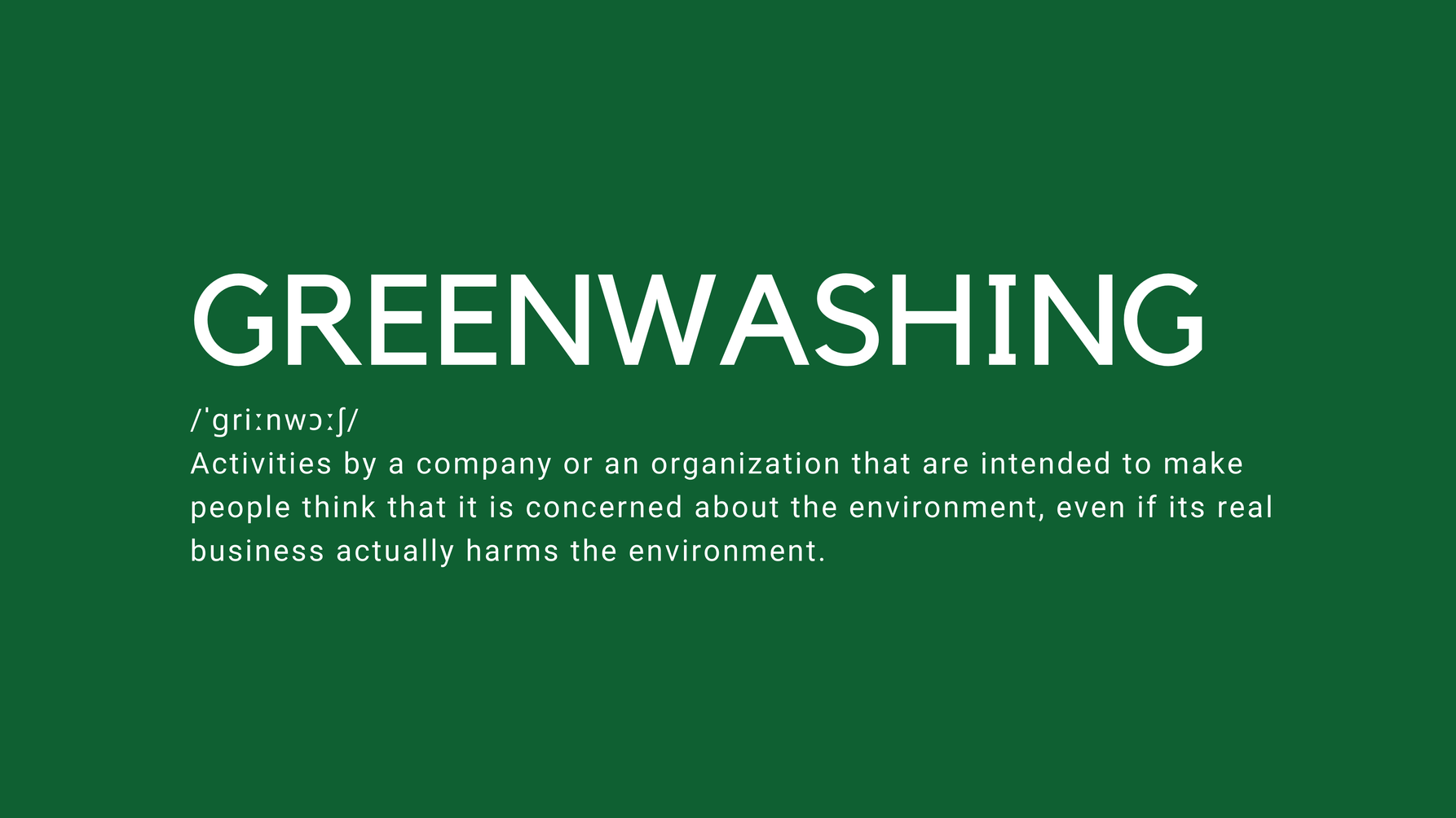
Workers and carers who speak of the lived effects of eco-austerity are dismissed as being either anti-science or line themselves up to have the narrative of “personal responsibility” inflected back onto them. This is itself a more aggressive reinforcement of the prevailing idea that peoples’ everyday lives are the problem and not the economic framework in which they are lived.
Currently the ruling class’s monopoly on climate politics via depoliticised technocratic ‘policy’ is unthreatened. Its bogeymen, the climate denying deplorables of the far-right and the dinosaurs of the centre-right, are able to use climate as a fulcrum to make a reactionary pitch to workers hit by eco-austerity. Green parties remain confident in the electoral power of their middle-class transition in which the patrician layer conduct a more ethical, responsible life of earnest sacrifice through publicly-subsidised investment in the solar panels on their four bed detached properties.
In the face of this Actually-Existing Climate Politics, the Left could be generating a workers-led climate politics. Instead, it finds itself embroiled in the confused mélange of Green Politics, theorised generously as a heady blend of feminism, marxism and environmentalism. People engaged in it believe that they are on the right side of history, but this is an impossible synthesis. It is simply not credible to have a politics that attracts eco-fascists, neoliberal technocrats (the dominant tendency) and socialists behind the same agenda. Such politics can never be accountable to people, it is a blank canvass for ‘whatever-it-is-you’re-having-yourself’ politically. This liberal framing almost by design precludes people from seeing climate’s radical potential. In this way, it is entirely predictable that the outworking of this politics has been to produce more space for the right than any actual climate action.
So what is there in climate for workers and carers, other than further sacrifice at the altar of eco-austerity? Is it a matter of grafting on an ecological element to existing socialist ideas and organisations, or does the wheel need to be reinvented yet again? Should we adopt a defensive posture by latching onto the capitalist transition by making it slightly more ‘just’ or is there a more radical pathway available?
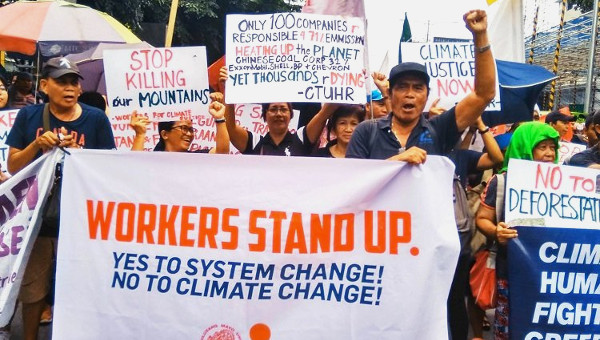
My view is that the climate politics of the ruling class and their policy gardeners is opening up a new vista for politicising the people it targets—workers and carers. An alternative climate politics is one which eschews the technocrats’ need to deterministically model and foreclose the future in favour of using the contradiction of the ruling class’s climate politics to build consciousness, agency and eventually class power among workers and carers. Already there are some things that could be done.
Trade Unions are in an excellent position to invest resources in alternative economic planning for whole sectors of the economy, for example in food production and security, in which workers in key sectors such as processing, logistics and retail are mobilised in a coordinated way.
Political parties, campaigners and educators can provide counter-narratives to the language of personal responsibility, for example on car use in a suburbanised country like Ireland. Alternatives such as a single state car insurance company and public-transport oriented public housing development are measures which are relevant to political campaigns and electoral cycles now which would not only be popular but would take the challenge of reducing car use out of the markets’ hands and into public control. This stands in stark opposition to the Green approach of pricing people out of their only means of transport to work, study and provide for their families.
In 1907, James Connolly wrote a poem about calls for “moderation” from the bourgeoisie that sound familiar today. The repeated thematic demand of the poem in contrast to these moralistic pleas is “For our demands most moderate are, We only want the earth.” There are revolutionary truths that dare not speak their name under the present hegemony, and which are being brought into view by the failure of the ruling class’s climate politics. Chief among these is that the ‘transition’ underway is already stalled, and that the alternative is one led by workers.
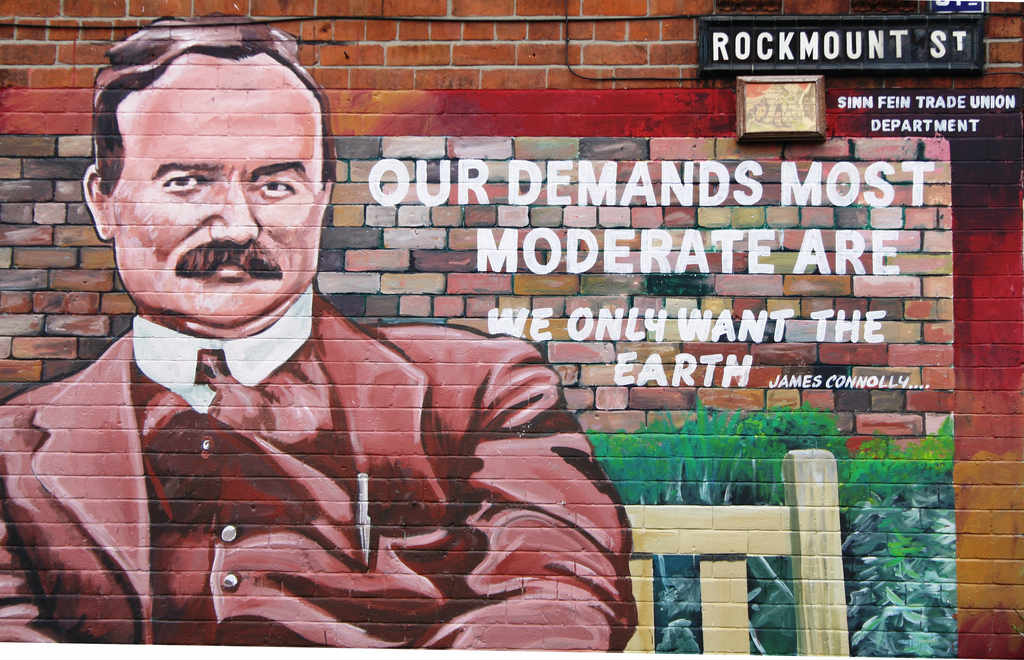
Workers with agency in their workplaces, communities and homes are the only class capable of decarbonisation, but without a prospectus that gives them agency and control over production and distribution we remain in the tractor-beam of the prevailing narratives on the climate emergency. A confident Left would advance the idea that the mirage is not our revolutionary alternative to eco-austerity, but the hopelessly limited vista of the Earth Day fantasists who think the capitalists can invest their way out of planetary disaster on our behalf.
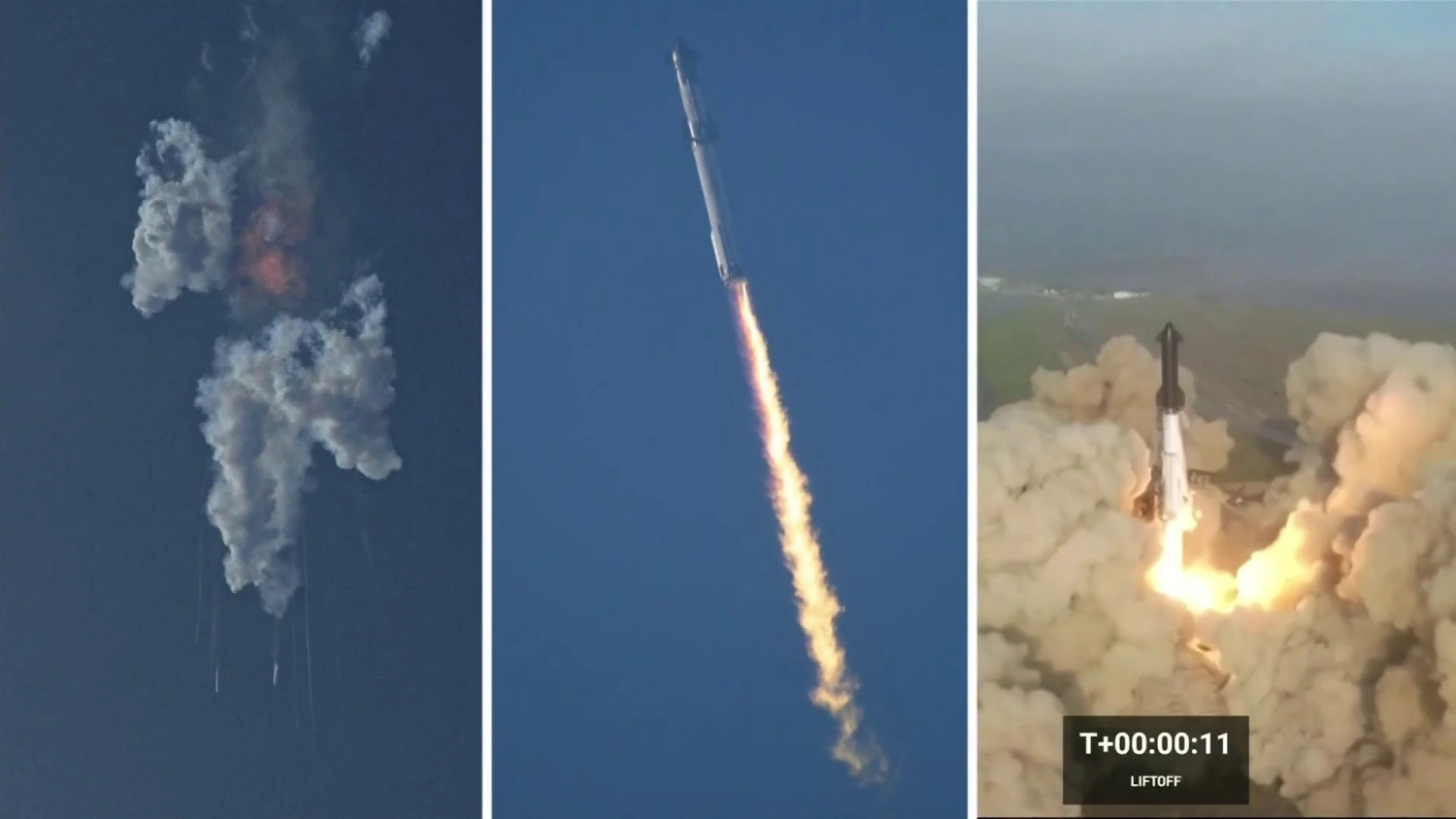
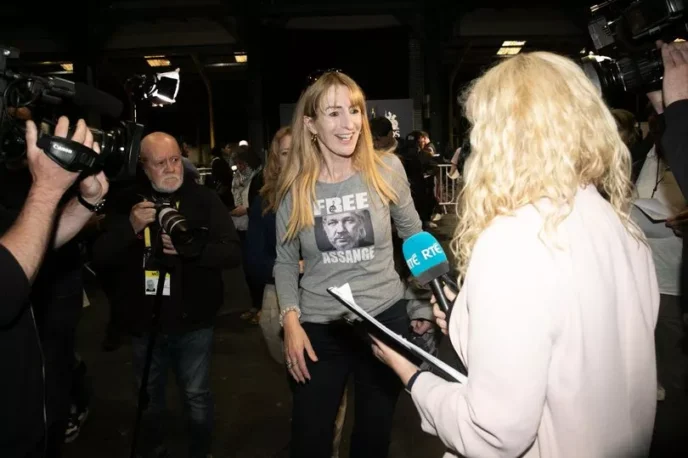
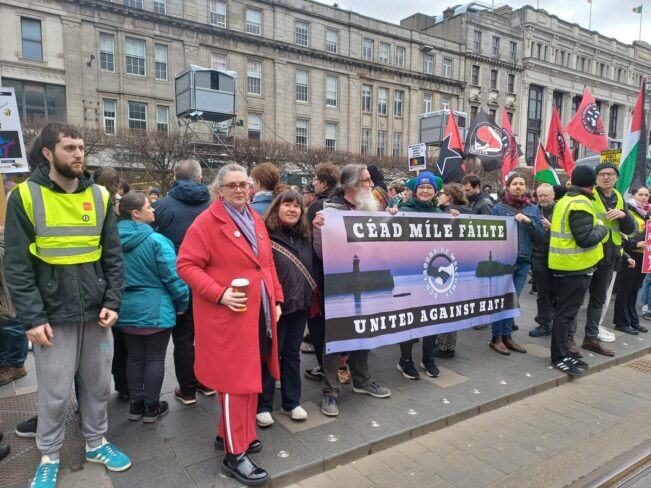






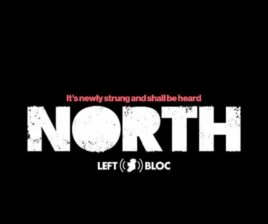
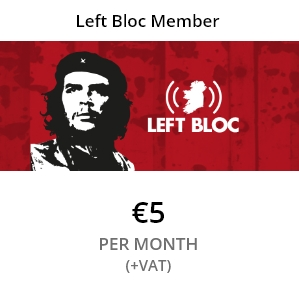
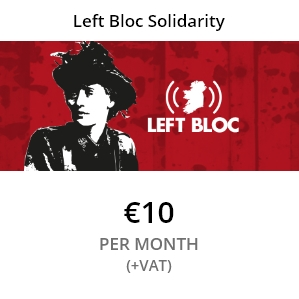


Comments